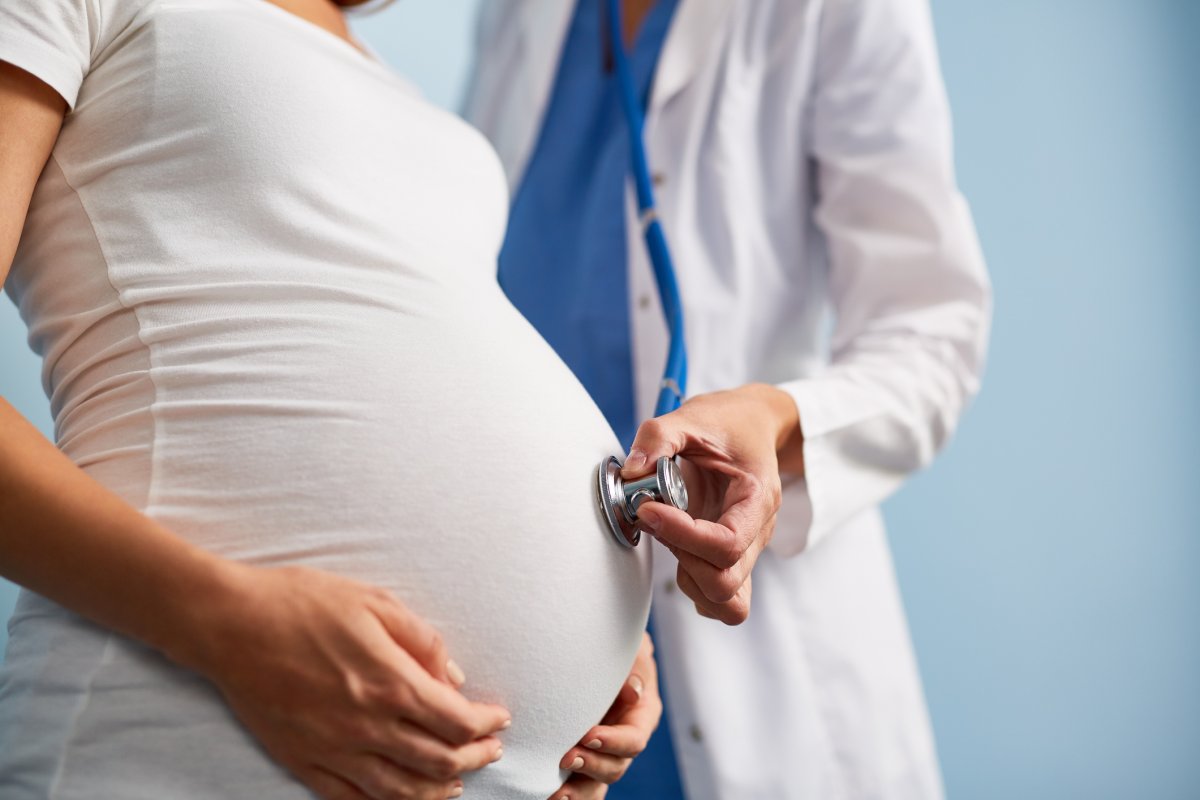The old adage that "having kids makes you age faster" has been backed by science, at least for women.
Throughout the animal kingdom, reproduction usually comes at a cost of life expectancy. Animals that produce large numbers of offspring early in life tend to have short lifespans, while those that produce fewer offspring tend to live longer.
This pattern exists within our own species too, with numerous studies suggesting that having lots of children comes at the expense of our own lifespan and health in later life. However, whether high fertility impacts health in our earlier adult life is less well established.
In a new study published in The Proceedings of the National Academy of Sciences, researchers from Columbia University examined the relationship between reproductive history and aging in a sample of 1,735 young men and women from the Philippines, as part of the Cebu Longitudinal Health and Nutrition Survey. Participants were aged between 20 and 22.

Specifically, the researchers were interested in biological aging, which describes the gradual decline in efficiency and functionality of our body's cells. To date, there is not a single gold standard for quantifying this biological aging, but one method that has shown promise involves monitoring molecular tags on the surface of our DNA. These tags, known as our epigenetic clocks, can be studied to explore various facets of our health, cellular age and mortality risk among other things.
"Epigenetic clocks have revolutionized how we study biological aging across the life course and open up new opportunities to study how and when long-term health costs of reproduction and other life events take hold," Calen Ryan, an associate research scientist in the Columbia Aging Center, said in a statement.
In light of this, the team used various epigenetic clock markers to determine the participants' approximate biological ages to see whether this correlated with the number of babies they'd had. They saw that women who had had children showed more age-associated DNA markers, and these increased in line with the number of times each woman had been pregnant.
"Our findings suggest that pregnancy speeds up biological aging, and that these effects are apparent in young, high-fertility women," Ryan said. "Our results are also the first to follow the same women through time, linking changes in each woman's pregnancy number to changes in her biological age."
These changes in biological age were not seen among the young men, suggesting that pregnancy itself, rather than fertility or sexual activity, was the driving force for this biological aging. "Our findings highlight the potential long-term impacts of pregnancy on women's health, and the importance of taking care of new parents, especially young mothers," Ryan said.
But if you're a recent mother, do not despair because another recently published study, in the journal Cell Metabolism, suggests that this biological aging is reversible after the initial stress of pregnancy and giving birth.
More research needs to be done to untangle these mechanisms, but both studies indicate more work is needed to understand the health requirements of women during the weeks, months and years after pregnancy.
"We still have a lot to learn about the role of pregnancy and other aspects of reproduction in the aging process," Ryan said. "We also do not know the extent to which accelerated epigenetic aging in these particular individuals will manifest as poor health or mortality decades later in life."
Is there a health problem that's worrying you? Let us know via health@newsweek.com. We can ask experts for advice, and your story could be featured on Newsweek.
Uncommon Knowledge
Newsweek is committed to challenging conventional wisdom and finding connections in the search for common ground.
Newsweek is committed to challenging conventional wisdom and finding connections in the search for common ground.
About the writer
Pandora Dewan is a Senior Science Reporter at Newsweek based in London, UK. Her focus is reporting on science, health ... Read more





